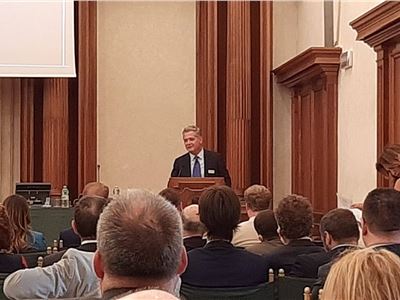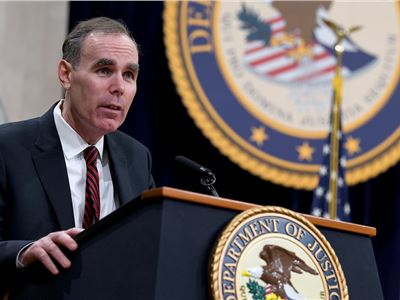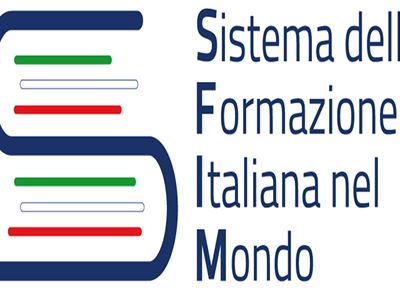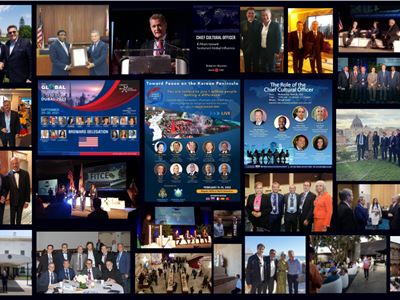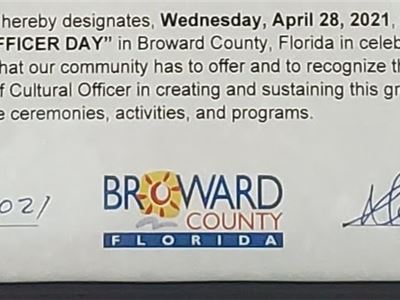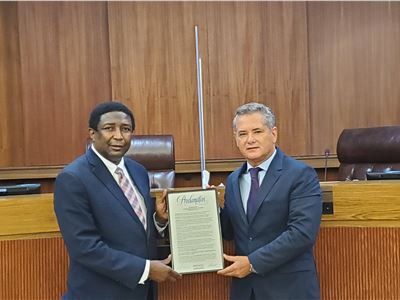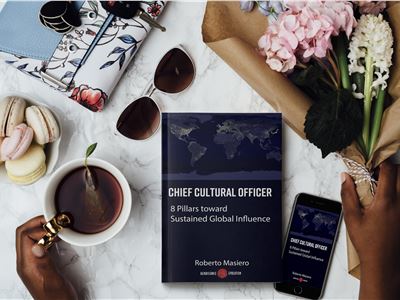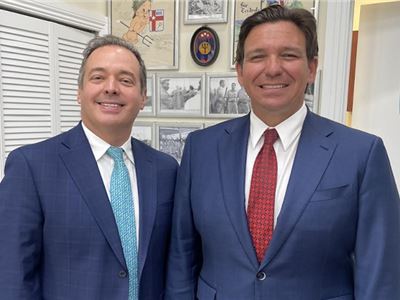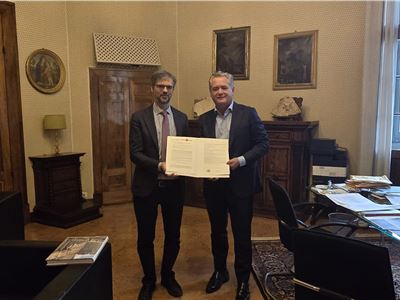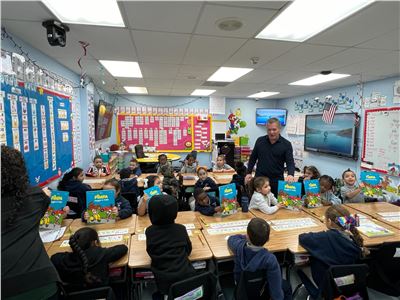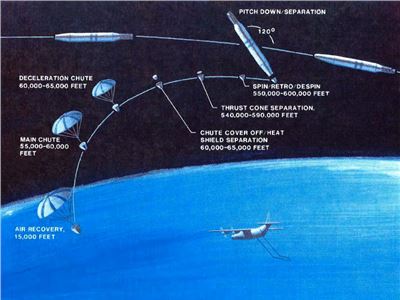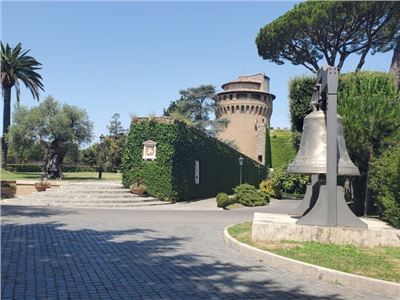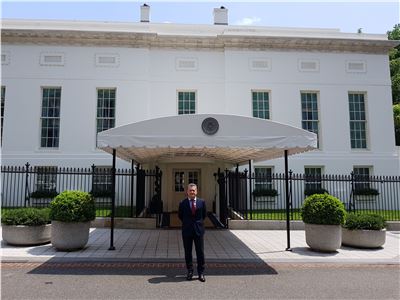The Milan Pact was launched on the occasion of Expo Milan on World Food Day in October 2015. As of October 2017, the Pact has now gathered 159 signatory cities from every region of the world representing over 450 million persons.
In the Pact, cities call for “sustainable food systems that are inclusive, resilient, safe and diverse, that provide healthy and affordable food to all people in a human rights-based framework, that minimize waste and conserve biodiversity while adapting to and mitigating the impacts of climate change”.
Many Milan Pact cities are taking steps to transform food systems to link social protection systems to small family producers, increase access to healthy and sustainable diets, reduce food waste and prepare for climate change. These and other efforts of local governments are forms of implementation of the Sustainable Development Goals (SDGs) of the 2030 Agenda for Sustainable Development, the Paris Agreement and countries’ commitment to strengthen food security and nutrition as stated in the New Urban Agenda (NUA), adopted by UN Member States in October 2016.
This is why we, here in the city of València, make an appeal that past, current and future efforts of cities be recognized in the implementation of the 2030 sustainable development agenda that calls for:
• Eradicating poverty and promoting prosperity in a changing world;
• Transformation towards sustainable and resilient societies;
• Empowering people and ensuring inclusiveness and equality;
• Raise awareness and foster studies on these topics;
These efforts are underway in many cities through rights-based frameworks and high degrees of social inclusion, even with adverse conditions of economic volatility, protracted conflict and crisis, rising migrations and impacts of climate change.
We are aware that there are multiple parallel processes with opportunities to link international, national and subnational implementation of the SDGs and the NUA. Local and territorial governments do not want to be left behind or out of these processes. Holistic, multi-level approaches to food systems governance need to be more inclusive of actors at subnational levels, especially in upcoming review and follow up to the global agendas occurring in the coming years. It is therefore necessary to improve coordination on these issues, especially across multiple levels of governance.
Therefore, in the context of a global sustainable development agenda the Milan Pact cities appeal to the United Nations Secretary General and to all UN agencies, to regional organizations, to national governments, local governments of all types, civil society, national and international development partners, the private sector and to all engaged citizens, to include sustainable and actionable initiatives in city region food systems that also strengthen urban rural linkages integral to sustainable development. We specifically forward the same appeal to all international and national conveners of planning processes related to the implementation of the SDGs and the New Urban Agenda. These processes should formally and fully include urban and territorial actors, thus broadening governance approaches to ongoing implementation. In particular, the World Urban Forum (Kuala Lumpur, Malaysia, February 2018), the UN High Level Political Forum (New York, July 2018) and other important global processes should include work in city region food systems with measurable, sustainable and regional targets. We make this appeal knowing that urban and territorial governments are key to the progressive realization of the universal right to food and to a life of peace, dignity and prosperity for all.
Thank you very much





